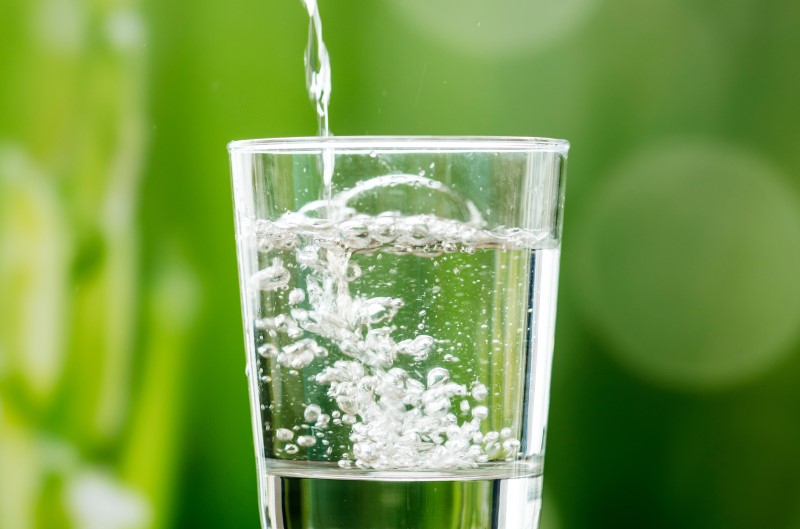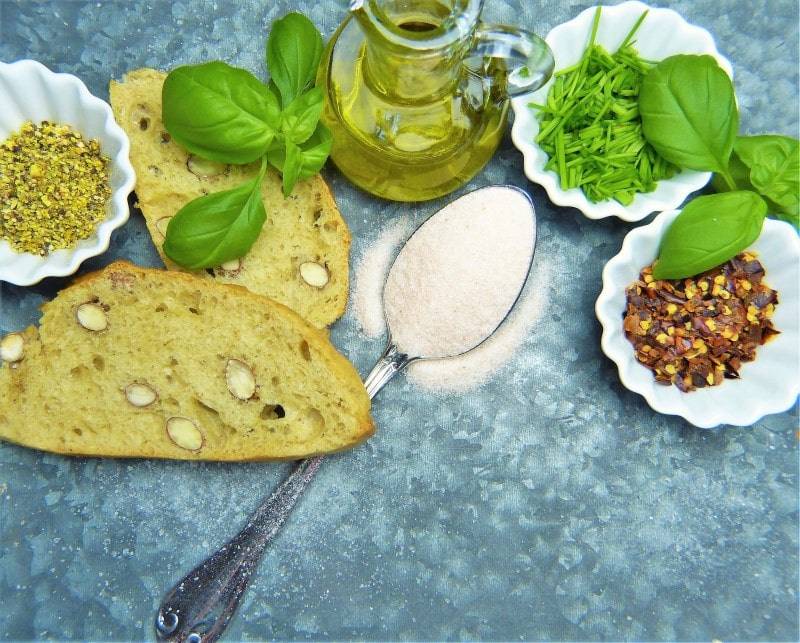What is alkaline water?
There are many rumors about alkaline water. Some people say it’s healthy for the body while others disagree with it but what is alkaline water?
The word “alkaline” is a chemical term which defines the level of pH. Alkalinity ranges from 8-14 pH value. That means alkaline water pH value ranges from 8-14? Well, actually alkalinity water pH ranges from 8-9 but we will consider any matter alkaline if it’s pH is greater than 7.
Where does it come from?
There are two ways of making alkaline water. One is a natural way and other is a chemical way.
In natural, water (from rivers) usually interact with other minerals. Most minerals are alkaline in nature therefore when they dissolve then they make water alkaline. Sometimes when water hits big rocks (which are alkaline in nature), water absorbs the alkalinity from rock hence creating alkaline water.
Nowadays, we can create alkaline water by adding some chemicals. Don’t worry, these chemicals won’t harm your body. Not only that, you can create your own alkaline water as well! Just use ingredients which are alkaline in nature (such as baking soda etc.) and mix it with water.
Is alkalinity good or bad?
Everything in this word posses good effects as well as bad effects too. If we talk about alkalinity is good or bad then there is a big debate. What is the conclusion then? To be honest, it is still not properly decided.
Alkaline water has many positive impacts on the body and one of the best effects is the slow aging of people. That’s not all, do you know that alkaline water is one of the remedies for curing cancer? It also boosts your metabolism as well.
Although alkaline water is considered as healthy and safe there are negative impacts on the body as well. It disturbs the pH level of your stomach which can result in the killing of undesired pathogens which helps human bodies. It also causes vomiting, nausea, skin irritations, gastrointestinal issues, muscle twitching, and hand tremors as well.
Conclusion
Although alkaline water doesn’t change too much pH of the blood because blood acts as a buffer. There is not much to worry about drinking alkaline water. Alkaline water is safe and healthy but excess of alkaline water can result terrible.



